
If you’re paying any attention at all, you have heard the word “socialism” thrown around a whole lot more in the last few years than ever before. At least, you’ve heard it more frequently without an expletive before it. In fact, the current leader in the contest for the Democratic Party nomination for President is a self-described and unapologetic socialist (that’s Bernie Sanders, Senator from Vermont, if you have been living under a rock for a long time–which I can understand but I don’t encourage!).
But what does that really mean? The vast majority of us—I think—abhor the idea of socialism, but do we really know what it is? And a common critique (for good reason) of socialism is that it will utterly destroy an economy, and/or lead to outright communism. Is that true? Wait! What IS communism?
And hold it: isn’t socialist paradise found in Norway and Denmark? Shouldn’t we learn from them and imitate?
I dive into these questions and more with James Harrigan and Antony Davies, both Distinguished Fellows with FEE, the Foundation for Economic Education. James is a political scientist who leads the Center for the Philosophy of Freedom at the University of Arizona. Antony Davies is an economics professor at Duquesne University. They have both written a lot of scholarly articles and also in the popular press about these topics.
Together Antony and James host the very popular podcast Words and Numbers. Follow Antony on Twitter. Follow James, too. Finally, they have a Facebook group for Words and Numbers.
I hope you enjoy this interview. If you do, please do me a massive favor and leave me a 5 star review on iTunes or Spotify or wherever you listen to podcasts. And if you really want to be my hero, Tweet it or post it on Facebook or whatever social media you prefer. Thanks!




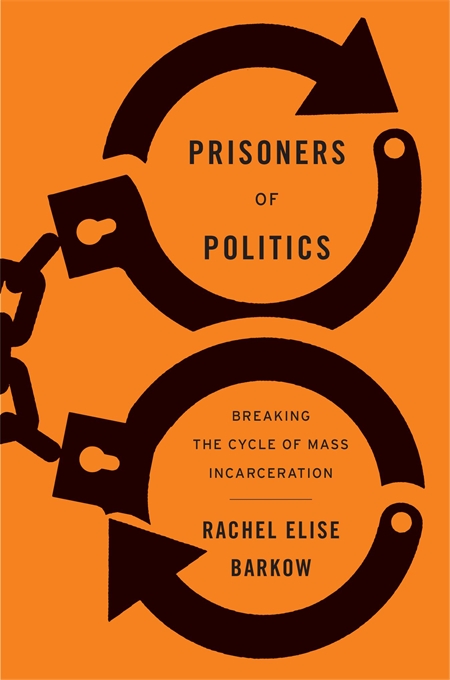

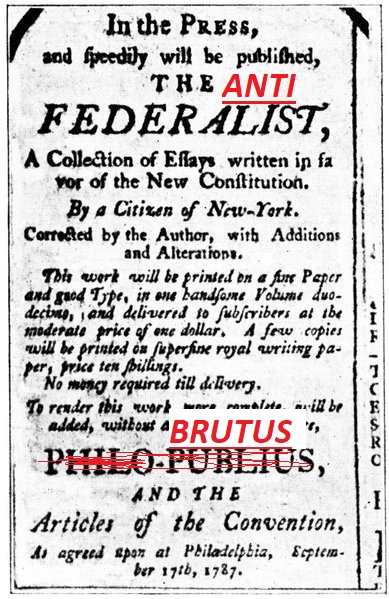
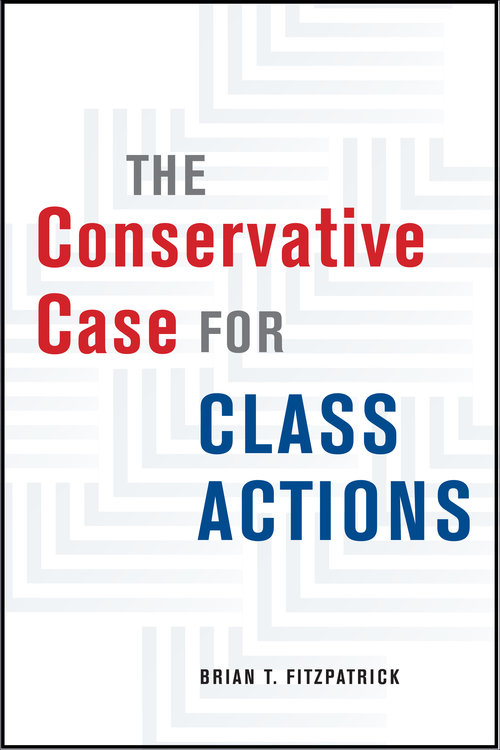
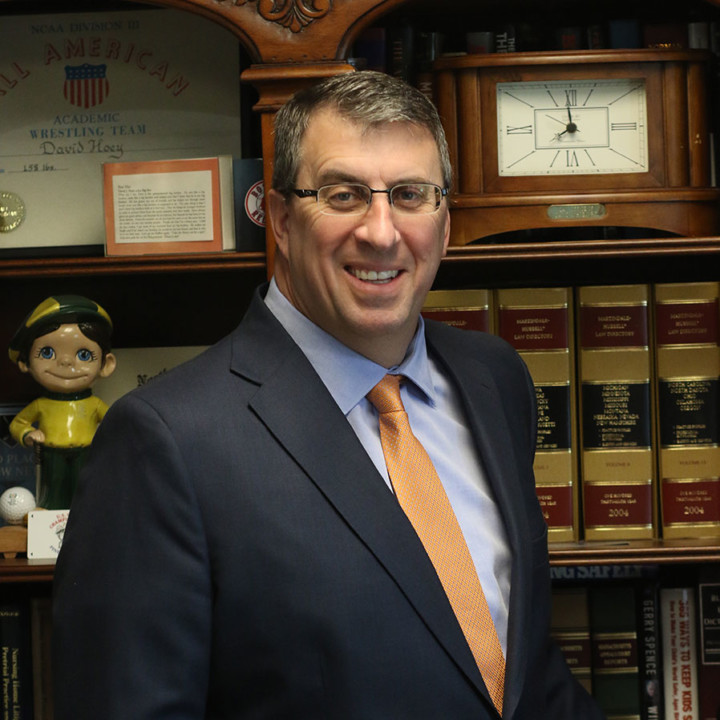
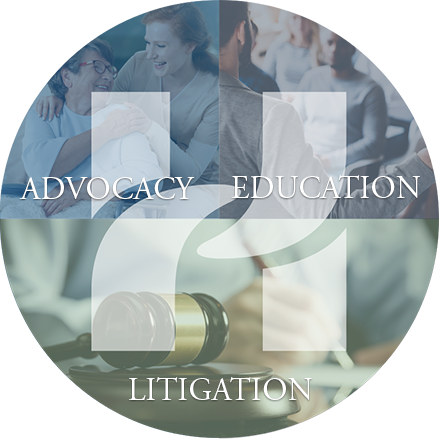

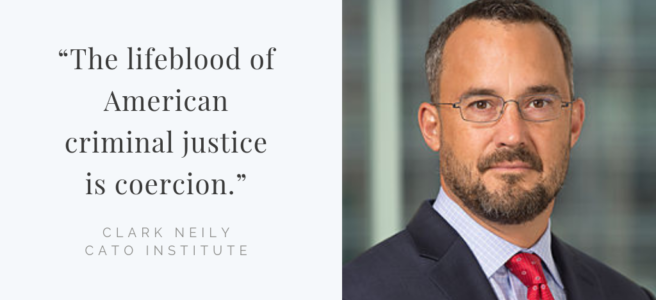

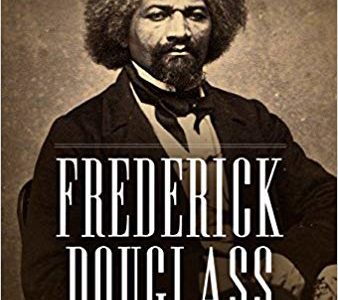

 I had a great time interviewing Twitter’s Senator, Shoshana Weissmann! If you haven’t already, you can find her on Twitter, @SenatorShoshana. If you’re a Twitter kind of person, I highly recommend you follow her. She is also the digital media guru for the R Street Institute (@RSI or rstreet.org), a free market think tank in Washington, DC.
I had a great time interviewing Twitter’s Senator, Shoshana Weissmann! If you haven’t already, you can find her on Twitter, @SenatorShoshana. If you’re a Twitter kind of person, I highly recommend you follow her. She is also the digital media guru for the R Street Institute (@RSI or rstreet.org), a free market think tank in Washington, DC.